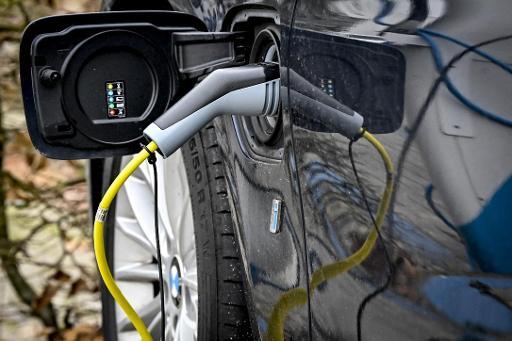Brussels and Wallonia’s tax on the introduction of hybrid vehicles can be significantly higher than in Flanders, La Dernière Heure noted on Monday.
The tax on hybrid vehicles in Brussels and Wallonia can run up to €4,957, while it amounts to €45.56 for almost all hybrid vehicles in Flanders.
Last year, 47,171 hybrid vehicles were sold in Belgium, according to Febiac figures, of which 33,100 in the north of the country (70.2%) against only 7,094 (15%) in Brussels and 6,977 (14.8%) in Wallonia.
The considerable difference can be explained by the “polluter pays” principle introduced in Flanders, exempting owners of new hybrid vehicles from the road tax until December 31, if the vehicle emits less than 50 g of CO2 per kilometre driven.
Related News
- Plug-in hybrid vehicles pollute far more than manufacturers claim, tests show
- 10% cars sold in Belgium are now electric or hybrid
- Apple prepares to launch its own electric vehicle
Since 1 January, the road tax is again in effect, but it is still based on the polluter pays principle: the less CO2 the vehicle emits, the less its owner pays. In Wallonia and Brussels, on the other hand, new vehicles continue to be taxed on the basis of their power, with the exception of electric cars, for which the tax is set at €61.5.
Hybrid vehicles, which have both internal combustion and electric engines, are taxed on the basis of the power of their internal combustion engine and not on the pollution generated when they are driven. To put it plainly: a powerful car that does not pollute will be taxed more than a small city car that pollutes a lot.
As a result, the south of the country finds itself with sometimes very large tax differentials compared to Flanders, but reforms are in sight. The Brussels Region is considering abolishing both the road tax and the annual road tax. In Wallonia, a reform of car taxation has also been included in the regional policy declaration.
The Brussels Times

